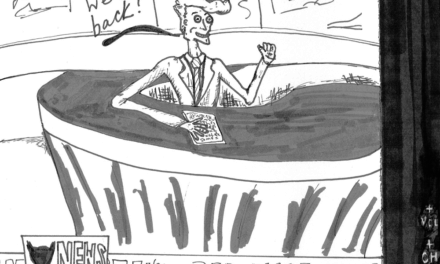If there is one country that world leaders should be concerned about, it is Mali. Mali has been in the news for the past few months primarily because of its unstable political situation after a military coup that took place in March and Islamic militants controlling almost two-thirds of the country. Al-Qaeda has established a strong presence in the Islamic Maghreb, which includes Mali, Mauritania, Morocco, Algeria, Niger and Tunisia and vast swaths of the Sahara desert.
Until April 2012, Mali was deemed as one of the most stable democracies in West Africa. Although the country was entrenched in corruption and mismanagement, Mali was relatively stable for the last 20 years. One of the central government’s main grievances, in retrospect, would be the neglect of the ethnic Tuareg people, which ultimately resulted in the Tuareg insurgency this year. The military coup of 2012 led by the Tuareg rebels and Al-Qaeda militants has dramatically changed the security situation in Mali. They have taken over two-thirds of the country and Mali’s president concedes that Mali’s forces do not have the military prowess to be able to counter this threat. The Malian president requested foreign intervention to rescue Mali from this predicament.
Additionally, the Islamic militants have instituted a strict version of the Sharia law. The militants amputate the hands of thieves, recruit children to fight and kill unmarried mothers for adultery. There are grave fears that Mali might become the next Somalia with two-thirds of Mali being controlled by Islamists and the imposition of Sharia law.
Experts and analysts believe that this crisis could be resolved if Malian politicians in the capital, Bamako, unite in countering the threat of the Islamists. Political unity could help form a coherent agenda and common purpose, which would assist western powers such as the United States, France, Germany and Great Britain to provide intelligence assistance and eventually, create a stable political scenario to facilitate free elections in Mali.
Aditya Mehta is a College junior from Mumbai, India joint majoring in Sociology-Religion.
The Emory Wheel was founded in 1919 and is currently the only independent, student-run newspaper of Emory University. The Wheel publishes weekly on Wednesdays during the academic year, except during University holidays and scheduled publication intermissions.
The Wheel is financially and editorially independent from the University. All of its content is generated by the Wheel’s more than 100 student staff members and contributing writers, and its printing costs are covered by profits from self-generated advertising sales.



